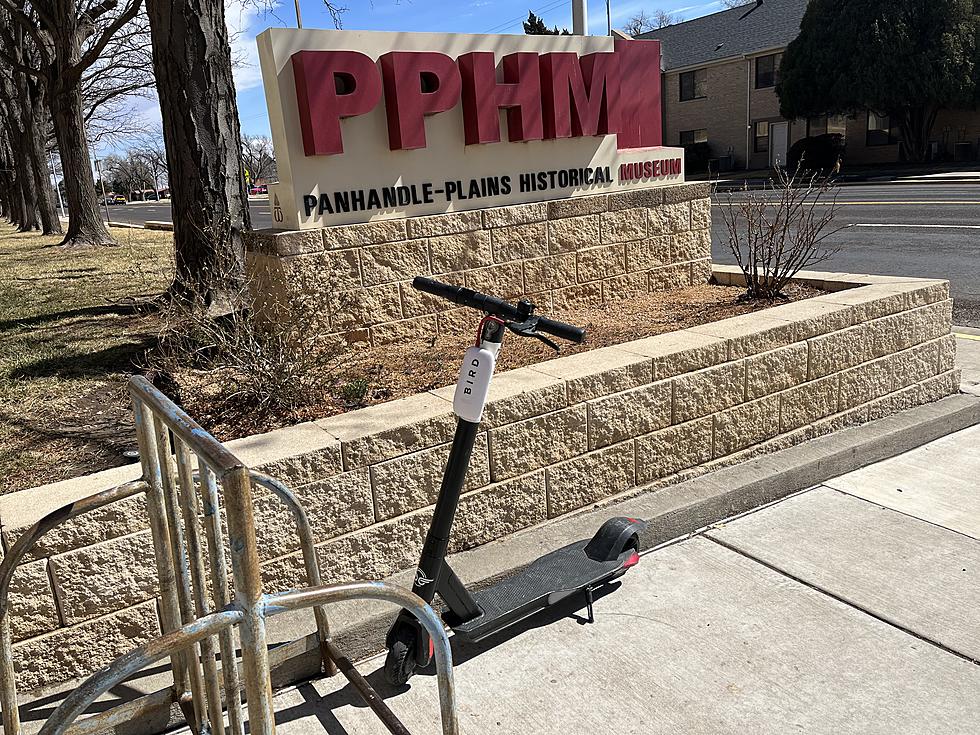
WTAMU President Walter Wendler, “What Do I Owe Parents?”
I daily take in and reflect on student expectations of our university. I speak with parents and guardians less frequently, though I owe them a great deal. While the step-out-of-the-nest for the student is a “big deal,” it is also a challenging transition for parents. Here is a catalog of parental ponderings.
A 2015 study by Noodle reveals a few parental preoccupations. There is considerable and justifiable heartburn over costs. Concern about whether or not a child will complete a degree, questions regarding the selection of a major, starting salaries and academic performance are all priority concerns. Parents agonize over whether or not the college is a good fit for their child. College leaders fuss and fret over the U.S. News & World Report rankings, yet only one in five parents care about rankings. Parents like the idea that their student might finish college in four years, but 40% recognize that is unlikely. Fear over a student incurring debt for the family grows. Costs to the student are one thing, but parents taking on second mortgages to send their child to college brings a completely different set of concerns. Intergenerational educational debt is particularly vexing, especially when bankruptcy courts rarely discharge student loans. A degree, or a portion thereof, cannot be repossessed.
Coupled with this lengthy list of concerns, parents want a safe environment. Eighty percent of families are worried about sexual assaults on campuses. Four decades of drastically altered views of human sexuality and what constitutes appropriate behavior between men and women have taken a toll on the public understanding and morality in relationships. Alcohol abuse is frequently present in cases of sexual assault, according to the National Institute on Alcohol Abuse and Alcoholism.
Embedded in all of these concerns is a growing lack of trust regarding universities and institutional ability to provide an environment conducive to learning. I am not talking about “safe spaces” where protection from various ideas exist; that perspective is antithetical to our purpose. We strive to create spaces safe for ideas, not from ideas. Both the U.S. Constitution and effective universities share this mission.
I owe parents an honest expression of what our university can do. I also owe them an honest expression of what it cannot do.
Some of what I owe parents:
Transparency
Cardinal John Henry Newman captured the role of a university in this unpretentious statement: “Accordingly, in its simple and rudimental form, it is a school of knowledge of every kind, consisting of teachers and learners from every quarter.” I need to serve all who come calling when they demonstrate sincerity and a commitment to purpose and are prepared to work toward academic excellence.
Honest Cost-Benefit Analysis
The New York Times, and countless publications of every sort, provide generic assessments of the costs and benefits of university attendance. However, these overgeneralized prognostications fail individuals. Parents care about single students, not randomized data points. The value of a given degree from a particular institution to a particular student is absent. I owe every student and parent a specific assessment of individualized value to the best of our institutional ability.
Likelihood of Success
Students enter universities with a history. While history is an imperfect predictor of the future, it is available and I should use it. If a student comes from high school with a “C” average and minimally acceptable college preparation, I need to help that student and family appreciate the “odds” on the likelihood of successful degree completion—be an educational handicapper of sorts. This is essential, even if not always a “pretty picture.” It may not be encouraging. “Curve breakers” show up as the exceptions that prove the rule, but these represent a miniscule portion of the population, e.g., Gates, Zuckerberg, Turner, Pitt, Winfrey, Jobs, Disney, Lincoln...
Safety
Campus safekeeping creates anxiety for parents. There are data available from the U.S. Department of Education and those warrant study, but more importantly families must sense that an institution is committed to a safe and secure learning environment. Canyon, Texas, is rated as a very safe campus community—number 12 nationally. Ask the hard questions of a specific campus. Do not trust the data alone. Trust also your heart. Coupled with the data, trust what you see in the place.
Growth in Personal Responsibility
An institution cannot guarantee moral decision-making, nor can a church, temple or synagogue. Rather, it is a personal understanding and exercise of free will and its limits. St. Paul said it clearly in his letter to the church at Rome: “I do not understand what I do. For what I want to do I do not do, but what I hate I do.” Our university should encourage thoughtful and reflective understanding of each individual’s place in the world and the role of self-determination in establishing that foundation.
More From NewsTalk 940 AM









